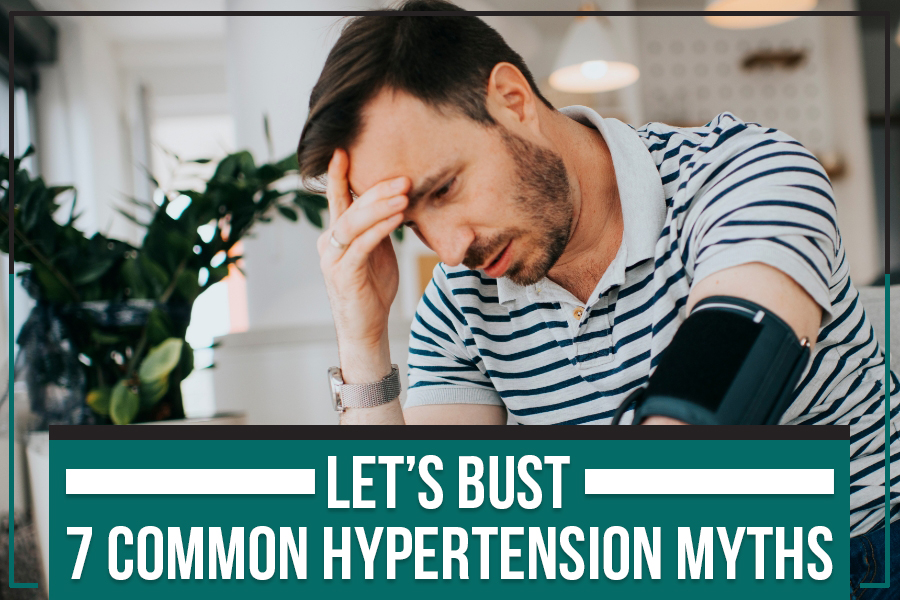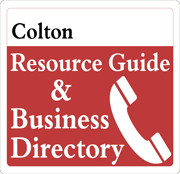
Hypertension, also known as high blood pressure, occurs when the blood's force against the artery walls remains excessively high over time. A normal blood pressure reading is 120/80 mmHg; readings above this threshold are classified as hypertensive. This condition is a major risk factor for various health issues, including strokes, heart disease, and kidney problems.
According to the WHO Global Report, only 54% of adults with hypertension are diagnosed and aware of their condition, 42% receive hypertension treatment, and only 21% have their blood pressure under control. This shows a lack of understanding and proper hypertension management, which can lead to serious consequences.
In this blog post, we will bust some common myths surrounding hypertension and provide practical tips for effective hypertension management.
Myth #1: Hypertension Only Affects Older Adults
Contrary to popular belief, hypertension is not confined to any specific age group. Although the risk of developing high blood pressure does rise with age, young adults, teenagers, and even children can be diagnosed with hypertension. Contributing factors like obesity, insufficient physical activity, and poor dietary choices, especially excessive salt consumption, can lead to the onset of hypertension across younger populations. Acknowledging that high blood pressure can impact individuals at any age is key to its early detection and effective management.
Myth #2: If You Don't Feel Any Hypertension Symptoms, You Don't Have Hypertension
Hypertension is often called the "silent killer" for a good reason. Many individuals experience no hypertension symptoms at all, leading them to believe that they are not at risk. However, hypertension can silently cause damage to your body, particularly your heart, kidneys, and blood vessels. Regular blood pressure checks are essential, as hypertension can be effectively controlled and managed with prompt diagnosis and appropriate treatment.
Myth #3: A Single High Reading Means You Have Hypertension
It's important to know that blood pressure can fluctuate throughout the day due to stress, physical activity, the foods you eat, and other factors. A single high reading does not necessarily mean you have hypertension. If your blood pressure is high, it should be re-checked several times on different days to confirm a diagnosis. Only consistent readings above the normal range (120/80 mmHg) indicate hypertension.
Myth #4: Hypertension Is Only Managed With Medication
While medication can be an important part of hypertension management for many individuals, lifestyle changes play a crucial role as well. Consuming a healthy diet, regular exercise, maintaining a healthy weight, limiting alcohol consumption, and quitting smoking can all significantly lower blood pressure levels and reduce the risk of heart disease. In some cases, these lifestyle adjustments may be enough to control hypertension without the need for medication.
Also Read: Top 10 Workouts for Seniors with Hypertension
Myth #5: Salty Foods Are the Only Cause of Hypertension
Excessive salt intake is a known contributor to high blood pressure, yet it is not the only dietary culprit. Diets laden with high cholesterol, saturated and trans fats, along with processed sugars, also heighten the risk of hypertension and other chronic conditions. For optimal blood pressure management, it's crucial to maintain a balanced diet rich in fruits, vegetables, whole grains, and lean proteins.
Also Read: 18 Foods That Help Lower Blood Pressure
Myth #6: Hypertension Is Just a Minor Health Concern
Believing that high blood pressure is harmless because it doesn’t have immediate symptoms is a dangerous misconception. This silent condition poses serious risks, potentially leading to heart attacks, strokes, kidney disease, and vision loss if not managed properly. Therefore, it's crucial to regularly monitor your blood pressure and visit your healthcare provider for effective management.
Myth #7: If It Runs in the Family, There's Nothing You Can Do
A family history of hypertension indeed raises your risk, but it doesn't seal your fate with high blood pressure. Lifestyle factors, including diet and exercise, are crucial in managing blood pressure, irrespective of your genetic background. Prioritize healthy lifestyle choices and ensure consistent consultations with your healthcare provider to identify hypertension symptoms and address them promptly.
Hypertension Management: What Can You Do If You Have Hypertension?
If you have been diagnosed with hypertension, regular heart checkups and necessary lifestyle changes can help manage this condition. An experienced and qualified medical professional can provide tailored hypertension treatment plans to help lower your blood pressure and reduce complication risks. They can also provide guidance on maintaining a healthy lifestyle and managing hypertension effectively.
Regular checkups and monitoring blood pressure at home, if your healthcare provider advises, are vital. Also, equipping yourself with hypertension knowledge and understanding the potential side effects of medications are important steps in making well-informed health decisions.
Visit LaSalle Medical Associates for comprehensive hypertension care and support. Our experienced healthcare team is dedicated to helping you manage your blood pressure and live a healthy, fulfilling life. We use evidence-based approaches to develop personalized hypertension treatment plans and constantly monitor and adjust them as needed. Contact us today to schedule an appointment.











